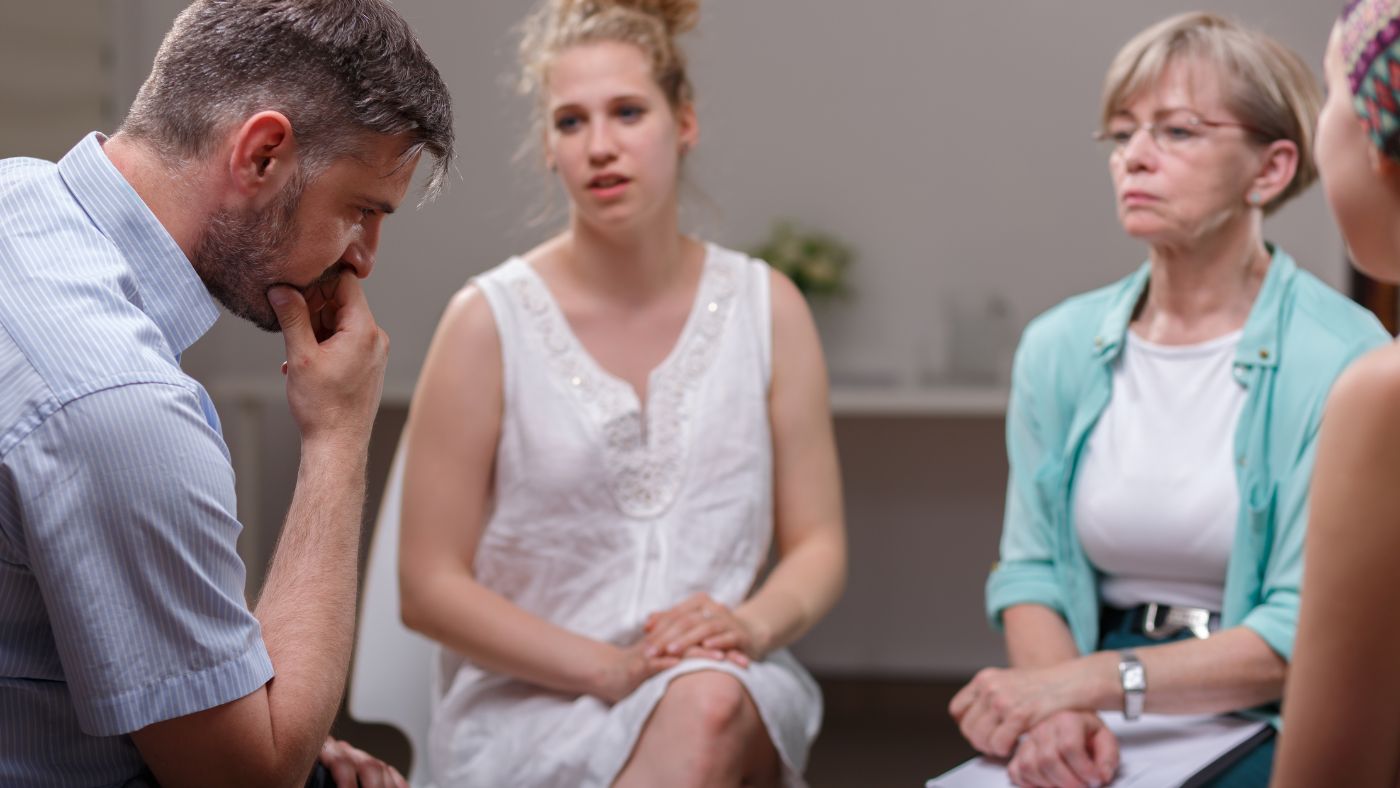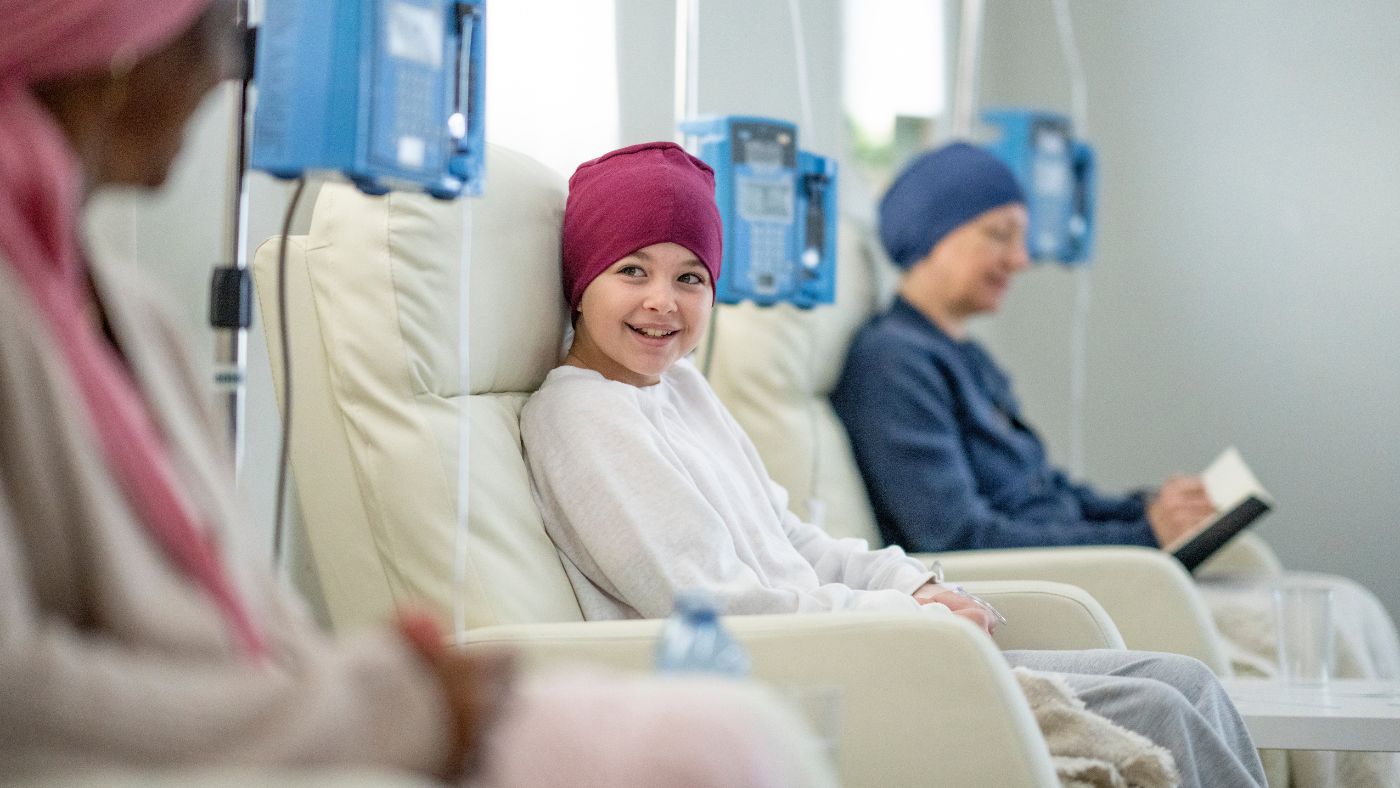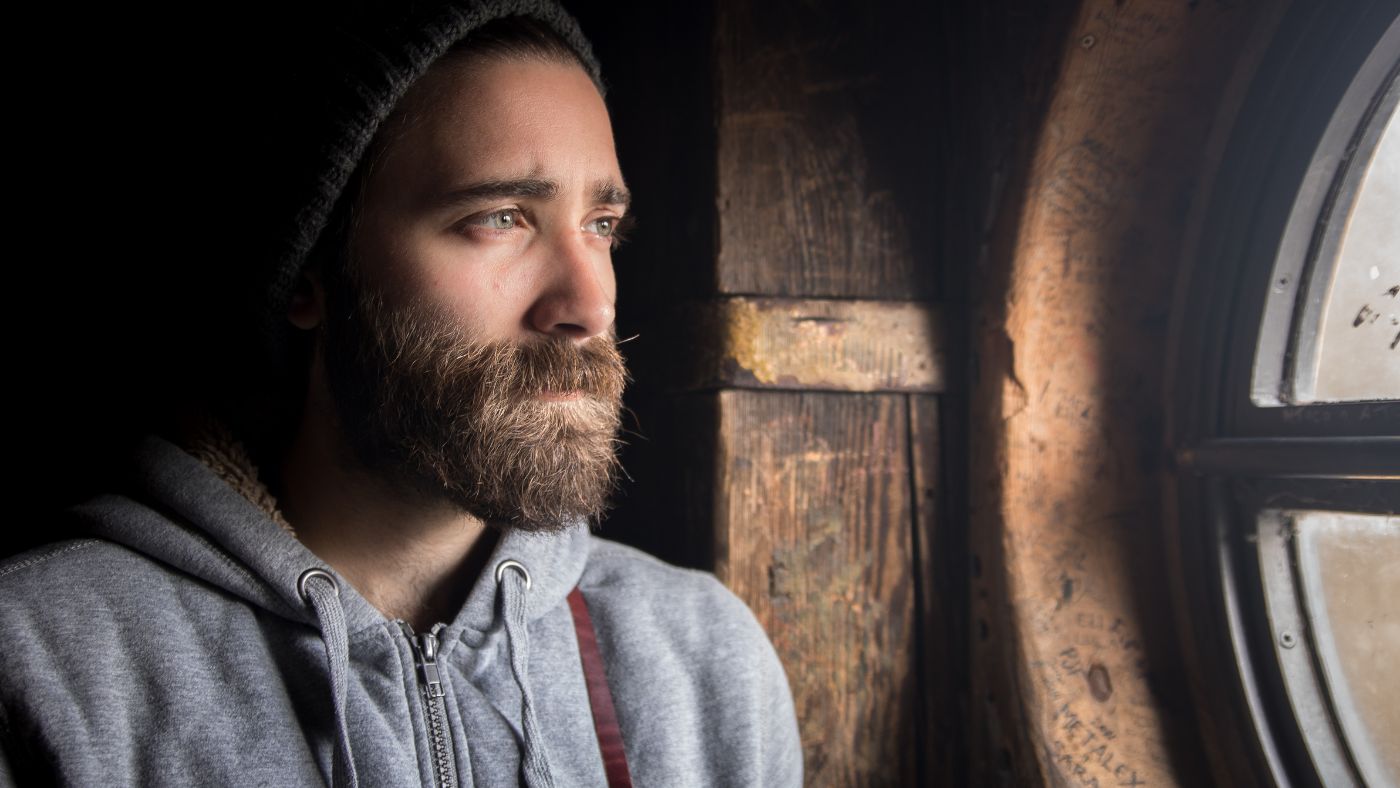My children wanted to know these questions after their granny (my mother-in-law) got diagnosed recently with cancer. Before answering them I started to ask the same questions, why do people actually get cancer?
First, let’s get clear on what cancer is. According to NHS, it is a condition where cells in a specific part of the body grow and reproduce uncontrollably. The cancerous cells can invade and destroy surrounding healthy tissue, including organs.

What is Cancer?
Cancer is caused by changes to genes that control the way our cells function, especially how they grow and divide. When a cell divides, it makes two more cells in the process. Sometimes, an error can happen during this process, and the cell grows out of control, which can lead to illness. This is why it is important to have cancer screenings, which are tests of your cells to make sure that they are not becoming cancerous.
Key Takeaways
What causes Cancer?
Now that I learned what cancer is, I wanted to know what exactly causes it. After a little googling, I found out that the main reasons are genetics and environmental triggers, but what does that mean? Does it mean we inherit it or does it mean we’re predisposed to cancer? I started to wonder if it was food-related. Seeing that most food now is genetically modified and is processed or produced using lots of pesticides. So many questions and not enough studies to get to the root cause.

What is Cancer?
Did you know this about cancer?
- Cancer is the leading cause of death for adults around the world under the age of 60.
- About 2 million people in the US are diagnosed with cancer each year, about 25 % of all adult cancers.
- The rate of new cases of cancer is 19.3 million per year.
- The cancer death rate is 10 million per year.
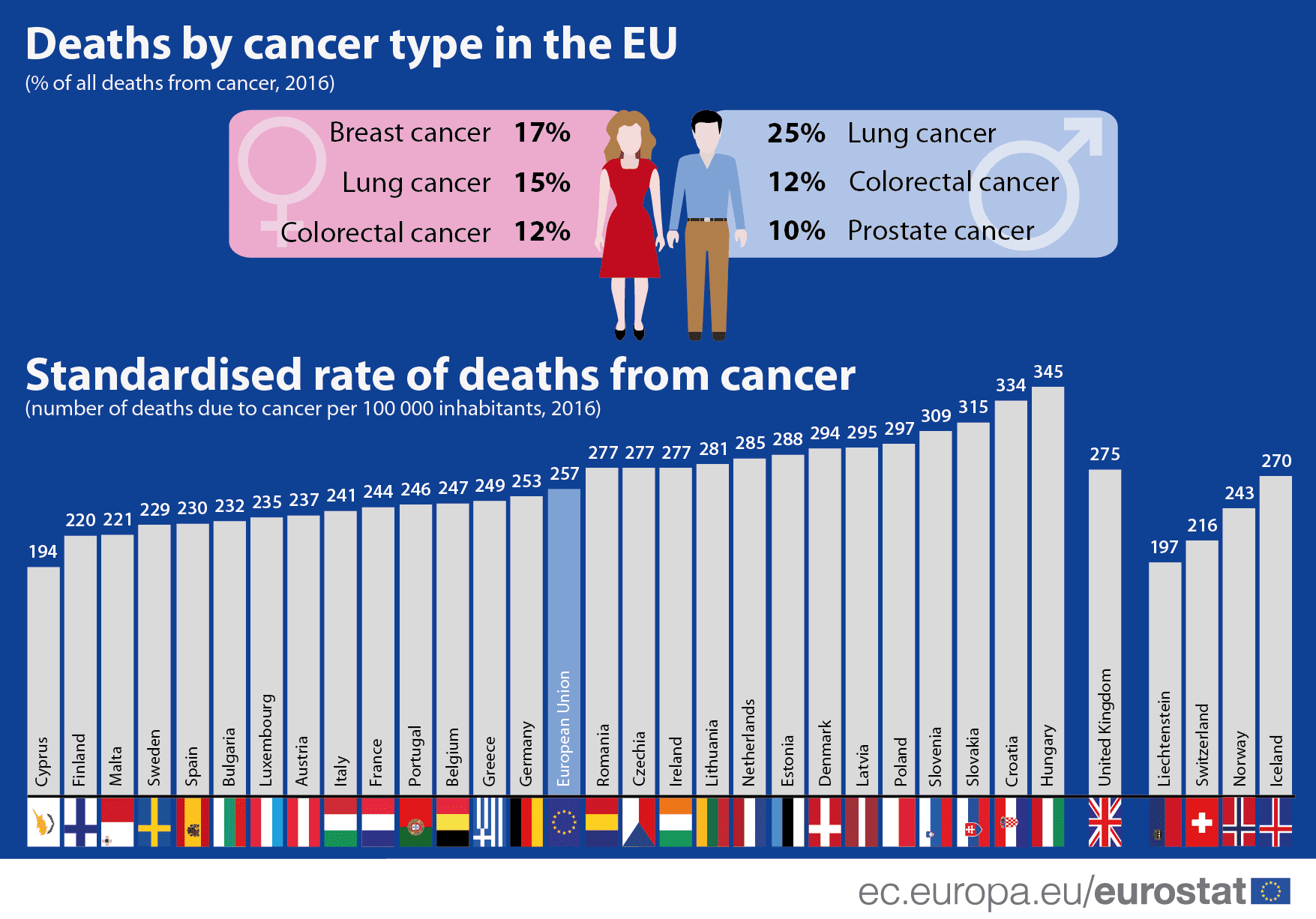
What is Cancer?
It’s a disease that affects every part of our body from our skin and hair to our bones and internal organs. The most common form of it is breast cancer, followed by colon and prostate cancer. Cancer can affect almost any other organ or tissue in the body, including the lung, pancreas, liver, and brain. When we become ill with a serious illness like cancer, it’s helpful to understand what causes it, and how it affects different parts of the body. This will allow us to make choices that lead to a healthier lifestyle for ourselves as well as others around us.
Mutations in Cell Growth
Almost half of all cancer cases are caused by mutations in genes, so it’s important to understand how these mutations arise. Our understanding of cancer is extremely incomplete. Mostly because we don’t know much about the different ways that tumours can develop. The causes of cancer are still unknown, but many theories have been proposed.
A researcher named John M. Walker-Smith was studying how the human body might be able to ward off cancer. He realized that many cancer cells were programmed to grow in clusters of three or four cells rather than just one. And he noticed that if he removed those clusters of cells, many of the cancerous tumours would disappear. After several years of testing, he and his team discovered a process called “proliferation inhibition”—a combination of chemicals that caused tumour cells to stop dividing and die as they began to multiply too rapidly like any other cell in your body.
In 2011, Walker-Smith published his work in The Lancet Oncology journal and it went viral on social media and eventually on television news shows across the United States. Of course, people started asking questions about what causes cancer, how prevalent it is and why some people are more susceptible to developing it than others. So Walker-Smith decided to study what was causing those changes so he could learn more about why some people get hit with these types of cancers while others don’t.
Based on his research, Walker-Smith concluded that there are three main reasons why people develop cancer:
- Inherited genetic mutations (such as those present in chromosome 22) can cause tumours to form if they are inherited from someone close to you (or even your mother). These mutations are normally passed down through generations but can also be acquired by exposure to radiation or chemicals during pregnancy or while you are growing up (or both). If this type of mutation occurs early in life and is passed along, it can modify the normal growth patterns of your cells so they become malignant at an early age, which is known as a childhood-onset disease. If another person acquires this mutated gene during their lifetime, then it may still cause you problems later on. But instead of causing you problems now, since you were born, it will take longer for them to grow into a malignancy.
- Certain medical conditions such as cystic fibrosis can alter how often specific genes get turned on or off, preventing them from activating properly.
- Some diseases like Alzheimer’s disease allow abnormal cell growth which makes them different from healthy cells. As a consequence, when these abnormal cells become mature enough, they are genetically programmed for uncontrolled growth and multiplication.
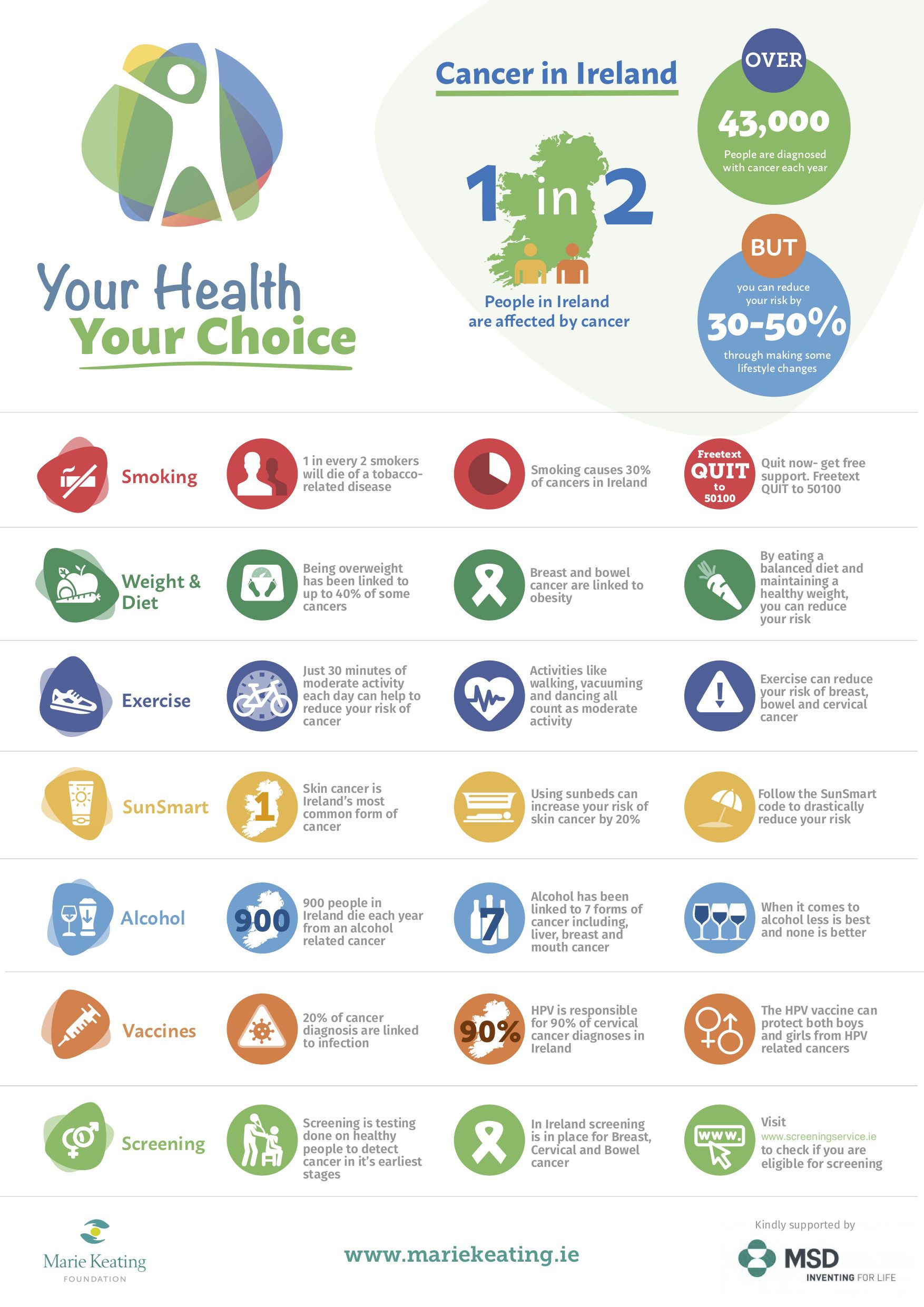
What is Cancer?
Environmental causes of cancer
We can’t control lots of things when it comes to genetic mutations but we are in control of our environment and what we put in our bodies.
Here are the known environmental factors that lead to cancer:
- Tobacco, alcohol, GMO, chemicals.
- Natural occurring exposures (ultraviolet light, radon gas, infectious agents).
- Hormone therapy.
- Viruses and bacteria.
- Medical treatments (radiation and medicine).
- Workplace and household exposures.
- Pollution.

cow
What about the unknown factors that cause cancer?
- Due to the huge demand for chicken, beef, pork, and fish, now we use hormones, antibiotics genetically modified food to mass produce meat. Could there be a correlation to the racing number of cancer diagnoses?
- What about water? It contains chlorine, fluoride, and a few other chemicals that I don’t understand much about but I begin to question, is there any connection?
- Pesticides in our food?
- Chemical products we put on our faces and bodies every single day. Do we know the long-term effects?
The list goes on and on. One thing we know for sure, we don’t know enough about cancer. Still, there are a few things we can do to minimize the risk like avoiding alcohol whenever possible, not smoking, opting for higher-quality products, and taking care of our environment.
What should we do now when we are at risk of getting cancer?
Navigating the unknown can be tough and confusing, but what are the changes you can make today to improve the quality of your life?
- Quit smoking.
- Limit alcohol consumption.
- Opt for organic foods, especially for the dirty dozen.
- Avoid proceeding meats.
- Make lifestyle changes and incorporate more movements.
- Do regular checkups and screenings.
- Use sun protection, especially during the most active hours.
- Use Klokbox to help with anxiety.

Don Culloty founder of Klokbox

